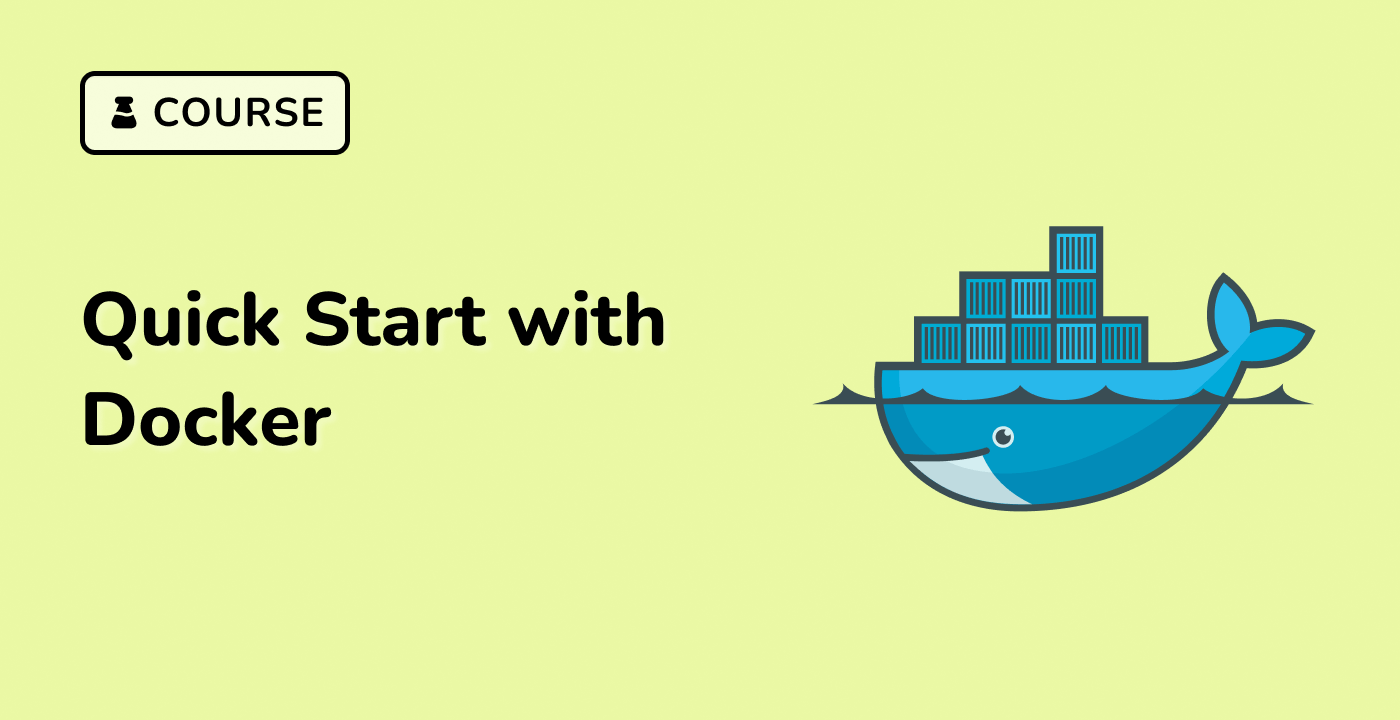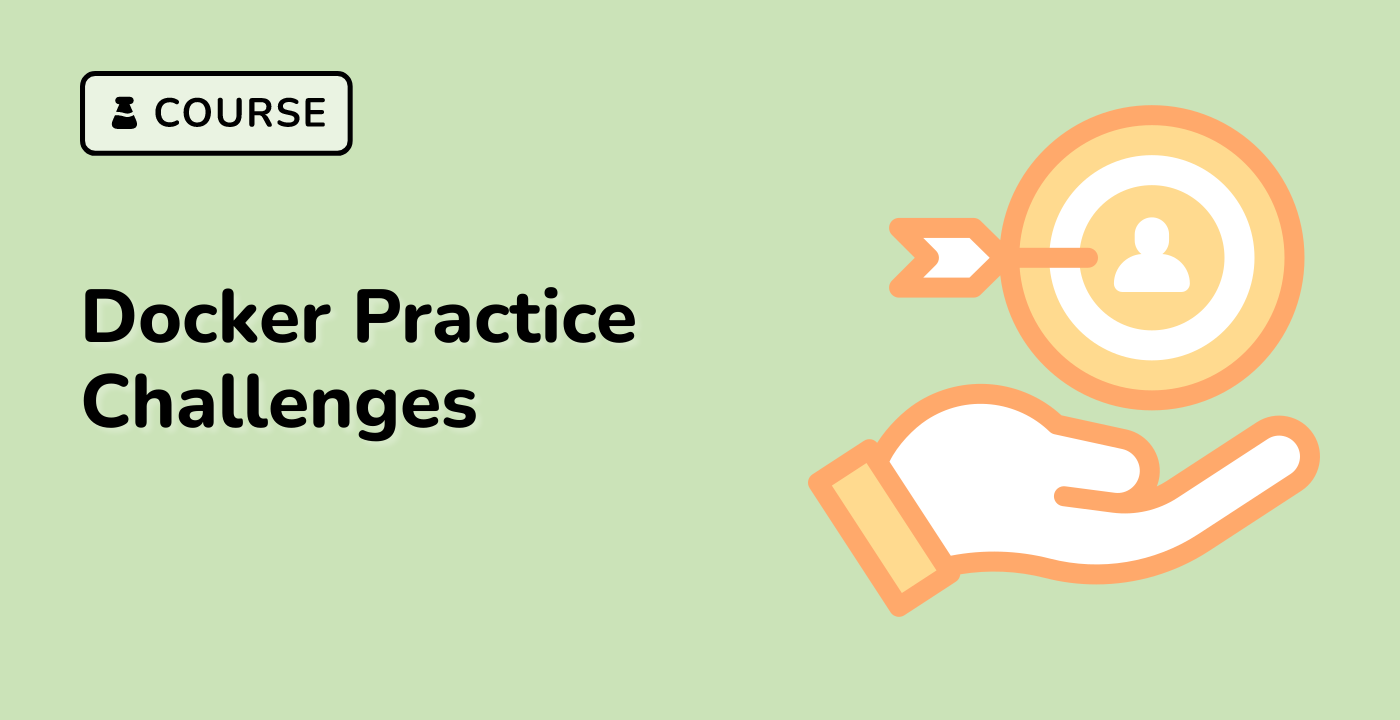Docker Essentials
Introduction to Docker Containers
Docker is a powerful containerization technology that revolutionizes software deployment and development. Container technology enables developers to package applications with all their dependencies, ensuring consistent performance across different computing environments.
Core Concepts of Docker
What are Docker Containers?
Docker containers are lightweight, standalone, executable packages that include everything needed to run an application: code, runtime, system tools, libraries, and settings. They provide a consistent and reproducible environment for software deployment.
graph LR
A[Application Code] --> B[Docker Container]
C[Dependencies] --> B
D[System Libraries] --> B
E[Configuration] --> B
Docker Architecture
| Component |
Description |
| Docker Engine |
Core runtime environment |
| Docker Images |
Read-only templates for containers |
| Docker Containers |
Runnable instances of images |
| Docker Registry |
Storage and distribution of images |
Installation on Ubuntu 22.04
## Update package index
sudo apt update
## Install dependencies
sudo apt install apt-transport-https ca-certificates curl software-properties-common
## Add Docker's official GPG key
curl -fsSL | sudo gpg --dearmor -o /usr/share/keyrings/docker-archive-keyring.gpg
## Set up stable repository
echo "deb [arch=amd64 signed-by=/usr/share/keyrings/docker-archive-keyring.gpg] $(lsb_release -cs) stable" | sudo tee /etc/apt/sources.list.d/docker.list > /dev/null
## Install Docker Engine
sudo apt update
sudo apt install docker-ce docker-ce-cli containerd.io
Basic Docker Commands
## Pull an image
docker pull ubuntu:latest
## List images
docker images
## Run a container
docker run -it ubuntu:latest /bin/bash
## List running containers
docker ps
## Stop a container
docker stop container_id
Containerization Benefits
Containerization offers significant advantages in modern software development:
- Consistent environment across development and production
- Faster deployment and scaling
- Improved resource utilization
- Enhanced portability
- Simplified dependency management




